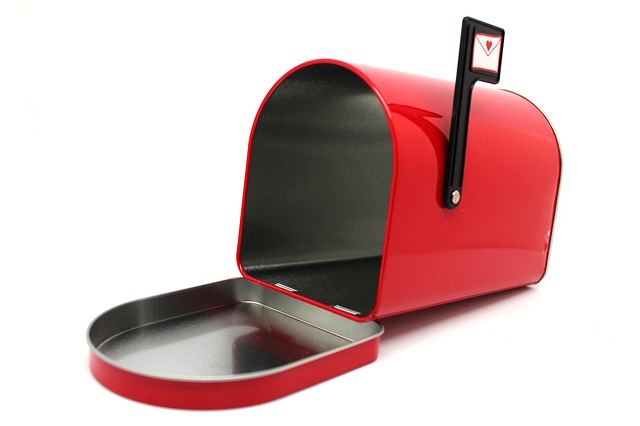If third time’s the charm, why not a fourth piece related to email marketing?! (You can check out the last few here.)
This time, though, we’re going to relate email to your website. As in, how can you get more out of your email marketing and your website? By integrating them with one another and automating processes between them.
You most likely have heard plenty recently about the trend in marketing toward automation, and you may find the term a bit scary. (The ‘bots are coming to take all of our jobs, after all.) But while I wouldn’t want to be, say, a factory worker where robots are already replacing humans on the assembly line, marketers are safe (for the moment) because marketing automation is designed to allow us to do more in less time. Here are a few examples of automation that help your email marketing and your website work together.
Capitalize on their interest
Let’s say you send your email newsletter out monthly. On the first Thursday of the month, to be precise. What happens to the subscriber who happens to opt in on the first Friday? He or she is interested enough in what you have to offer that they’re willing to make room for you in their (undoubtedly) crowded inbox, and you ignore them for 29 days. Not good.
To avoid that unfortunate possibility, you can set up an automated welcome message that gives new subscribers something they can’t get any other way and invites them to dig a little deeper while their interest is high. You can even segment this and tailor the welcome message to their interests. Don’t waste the opportunity with an email that says, “Welcome. Thanks for subscribing,” and nothing more.
Content gating
If you’ve ever gone to a website, found an interesting report or worksheet or other piece of information being given away for free in exchange for your email address, you’ve seen a very simple form of automation. Rather than a marketing intern waiting around for those emails to come in so they can immediately respond with the link to the report or white paper, the process is automated. Your email address is fed from the marketer’s website into their email system where your name is added to their marketing list and their PDF is sent to your inbox.
Lead scoring
In more advanced systems, that same content download might have your email address added to a CRM system that tracks what content you’ve consumed and evaluates your potential as a lead. After you’ve consumed a certain amount of content – or even certain pieces of content – you reach a threshold where a different kind of offer is made, or a different kind of contact is attempted.
Progressive profiling
That consumption data is useful in another way, as well. It can help chart the next touchpoint. Put another way, why send out a generic email that offers everyone on your list that same white paper, when some portion of your list has already downloaded that paper?
Instead, if your website, email tools, and CRM are integrated, you can offer content that is designed to appeal to prospects as they progress through their buying journey. (The content you offer should follow their growing knowledge as they learn more about the problem they’re trying to solve and the range of available solutions.)
Re-engagement
Few people will sign up for your email newsletter with no intention of reading it, but priorities change and plans are put on the proverbial backburner. These folks may still have high odds of converting in the future, so it’s worth using automation tools to re-engage with the subscribers who haven’t opened or clicked on an email in some time. You may wind up needing to cut them free if they really are no longer interested, but even that’s a good thing, as it keeps your list numbers honest. (A list of many millions of subscribers may make you feel good, but if none of them are actually reading your message, you’re not winning any business.)
And that’s what marketing automation and integration are meant to do – help you win more business by creating a personalized experience for prospects in much less time than you could working manually.





